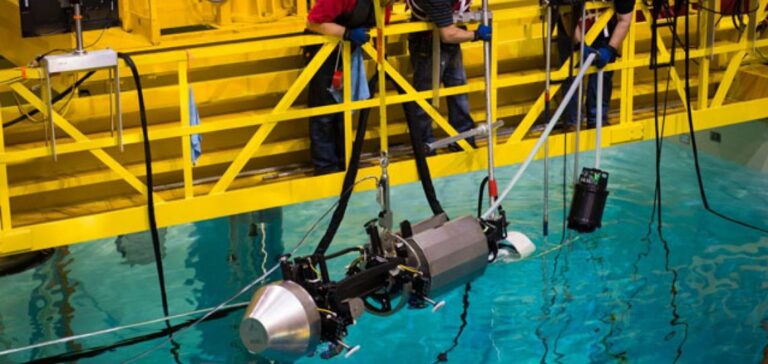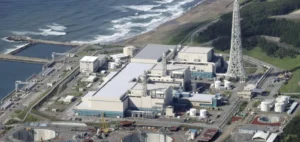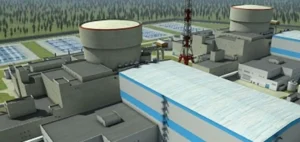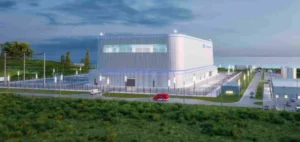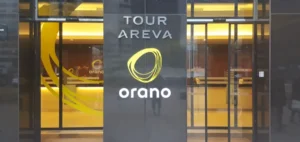Framatome was able to develop this new nuclear safety tool thanks to funding from the US Department of Energy.
Framatome delivers accident-tolerant fuel
This precursor assembly contains 176 pencils and pellets doped with chromium oxide. The nuclear power plant received this new assembly when the reactor was shut down for refuelling. He is based on previous work including 18-month trials in the USA and Switzerland.
Chromium-coated sheaths and chromium oxide pellets are more tolerant of temperature changes. What’s more, the sheaths increase their adaptation time and reduce corrosion and hydrogen production at very high temperatures.
A strong partner
Framatome’s manufacturing plant in Richland, Washington, developed the“Enhanced Accident Tolerant Fuel” (EATF ) precursor assembly. This delivery is part of a contract signed in 2019 with
Exelon
Generation
. In addition, the pressurized water reactors of the generate 1850 MW of low-carbon energy, supplying more than 1 million homes.
Exelon manages 18.7 GW of power
The plant supplies around 80% of Maryland’s clean energy, powering 30% of all homes and businesses. Exelon Generation operates the largest fleet of zero-emission nuclear power plants in the United States, with more than 18700 MW produced. The company manages 21 reactors at 12 facilities in the states of Illinois, Maryland, New York and Pennsylvania.
Exelon Generation is the benchmark for the operation of world-class power plants producing clean, safe and reliable electricity. It also acts as an active partner and economic driver, creating jobs. In addition, the company contributes to charitable causes and government tax revenues.


